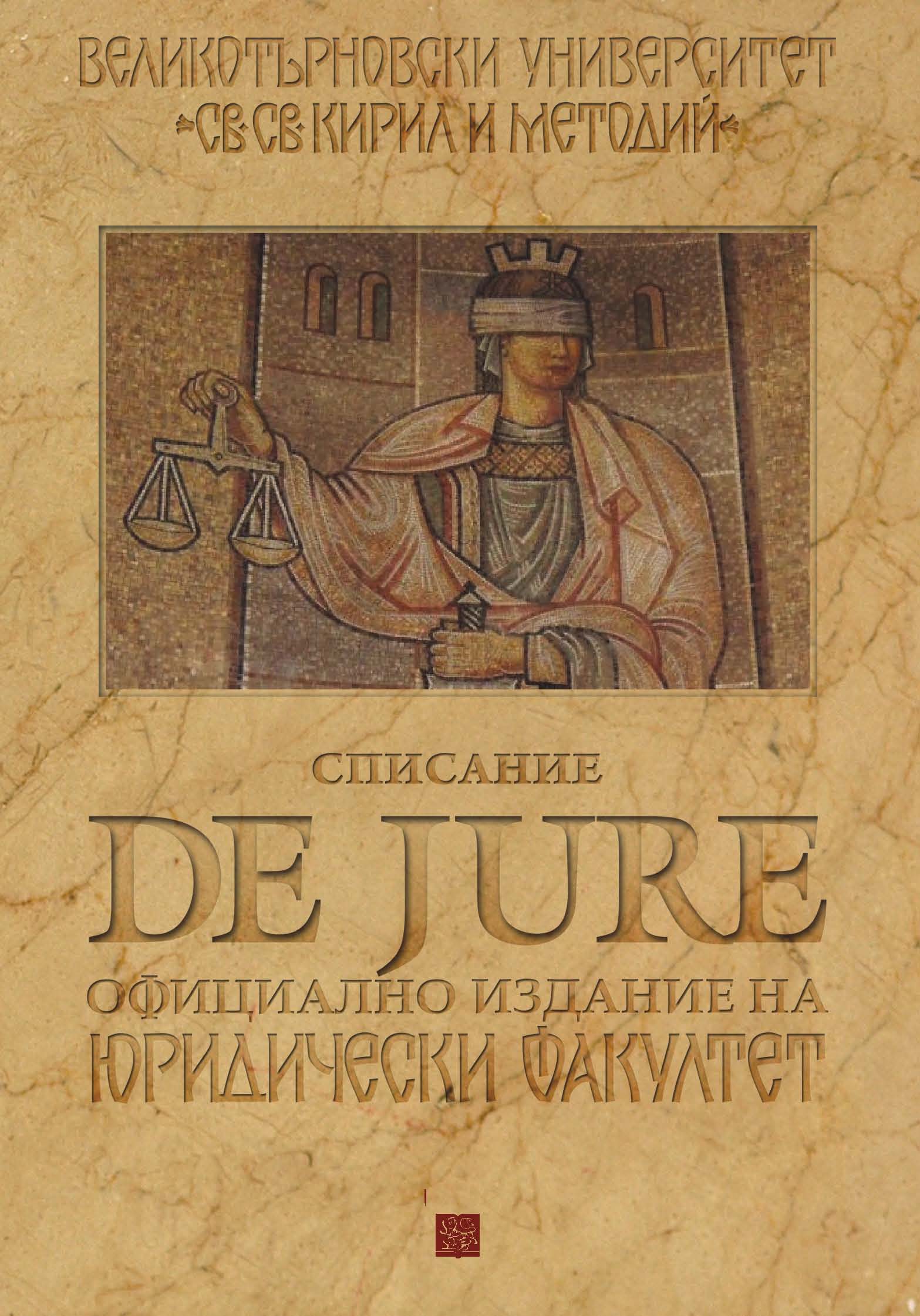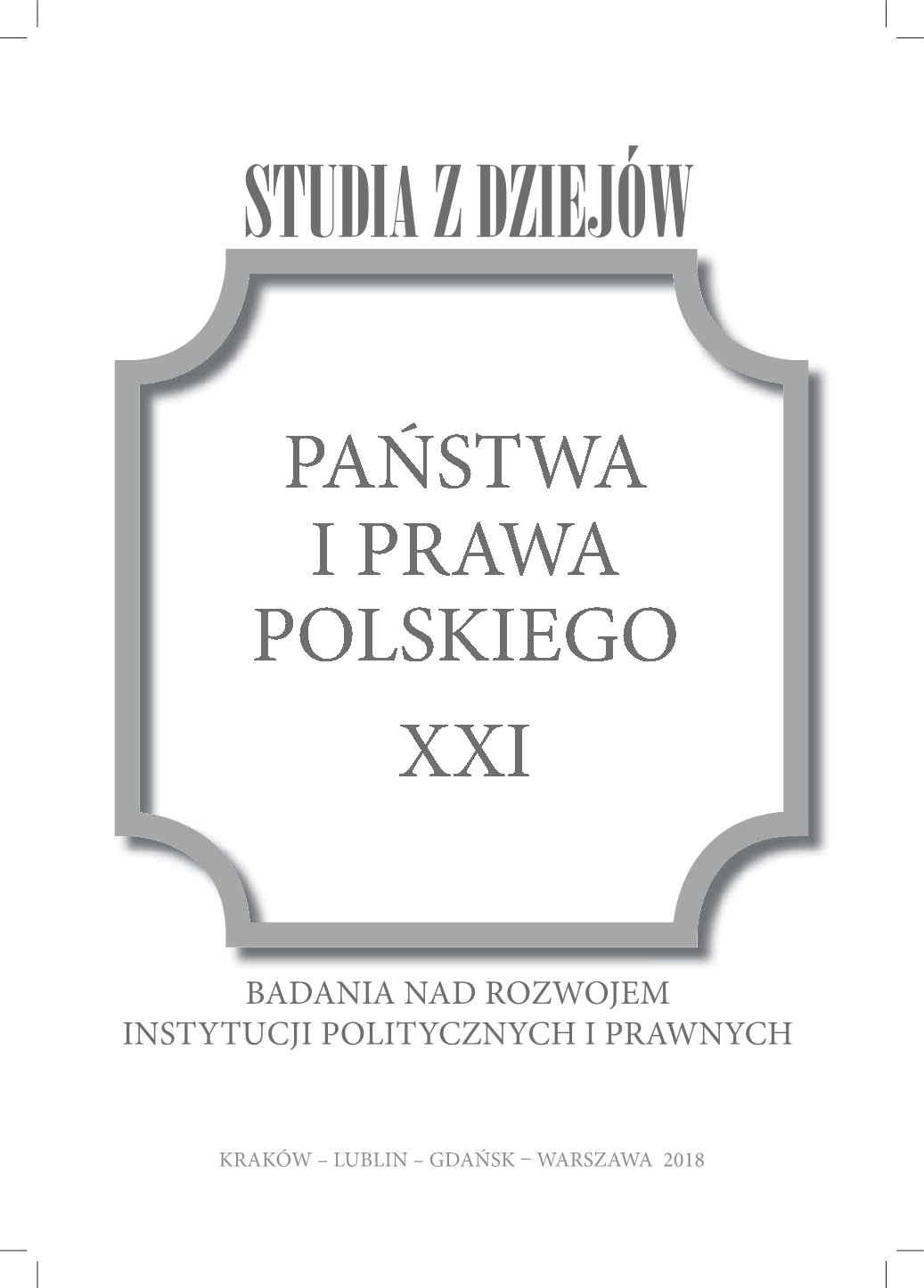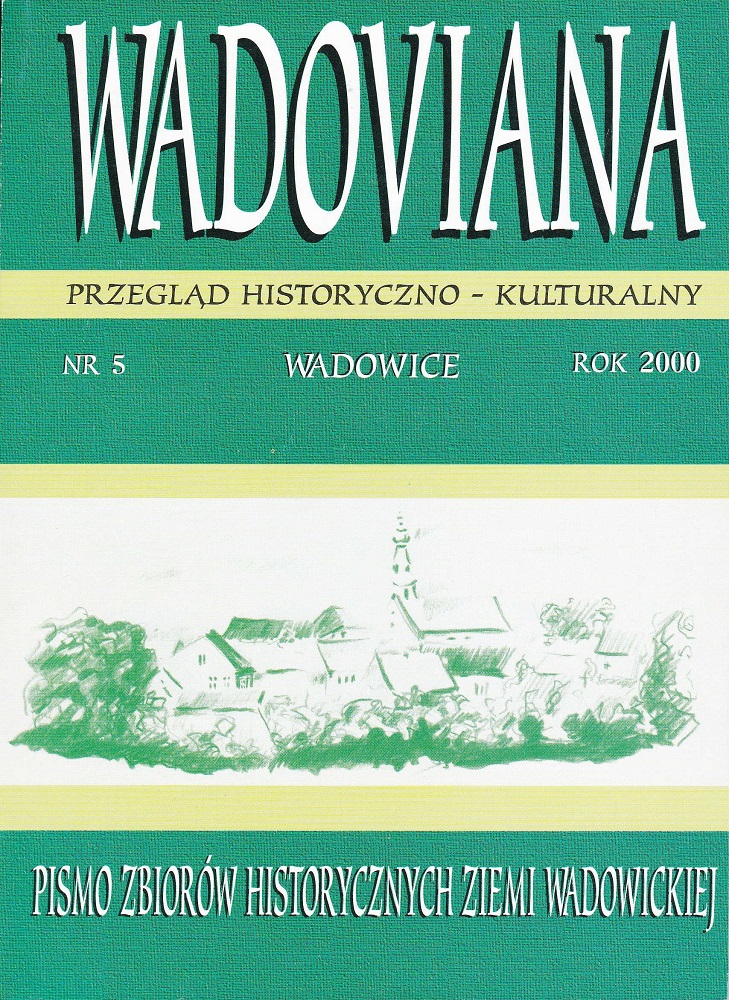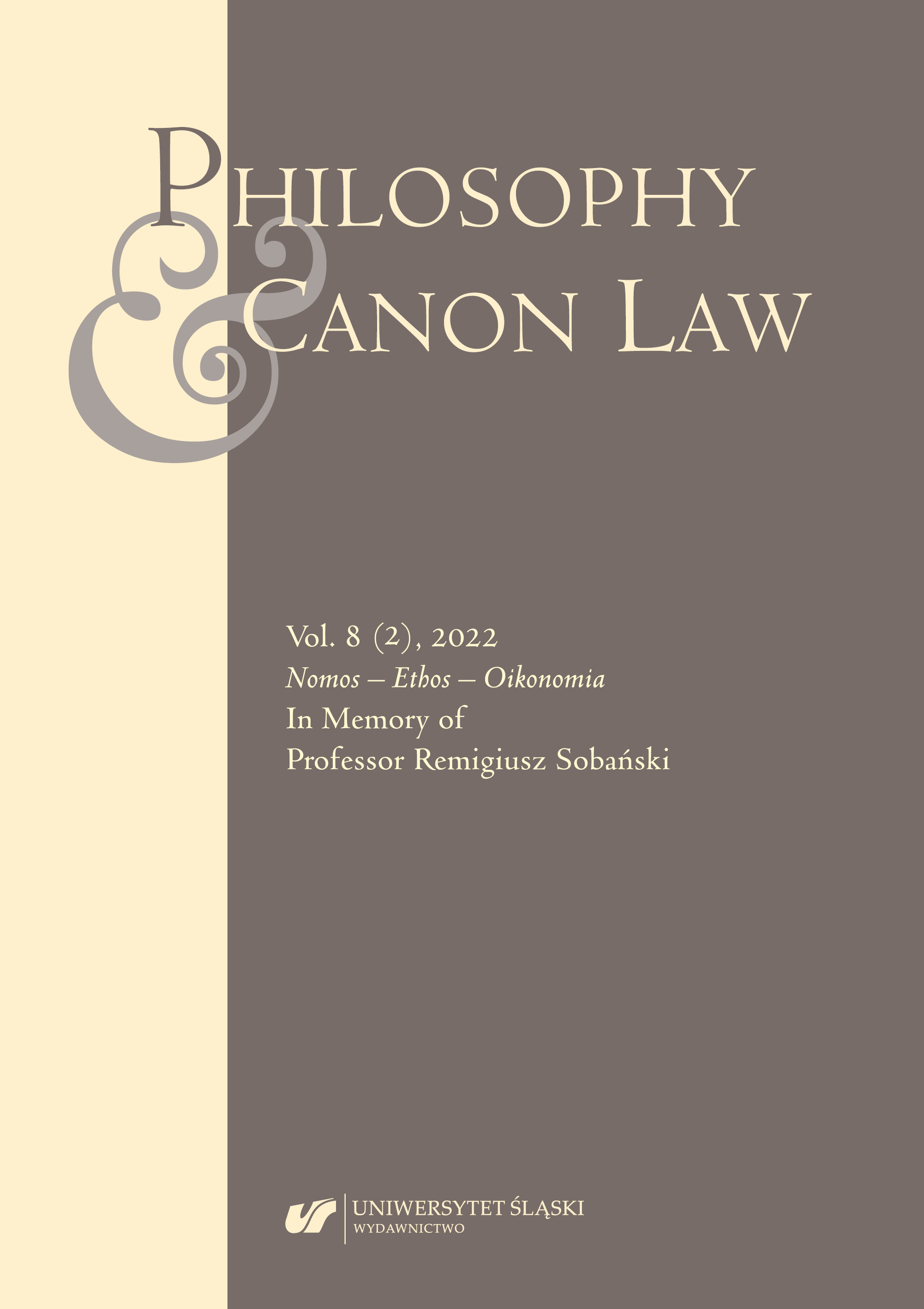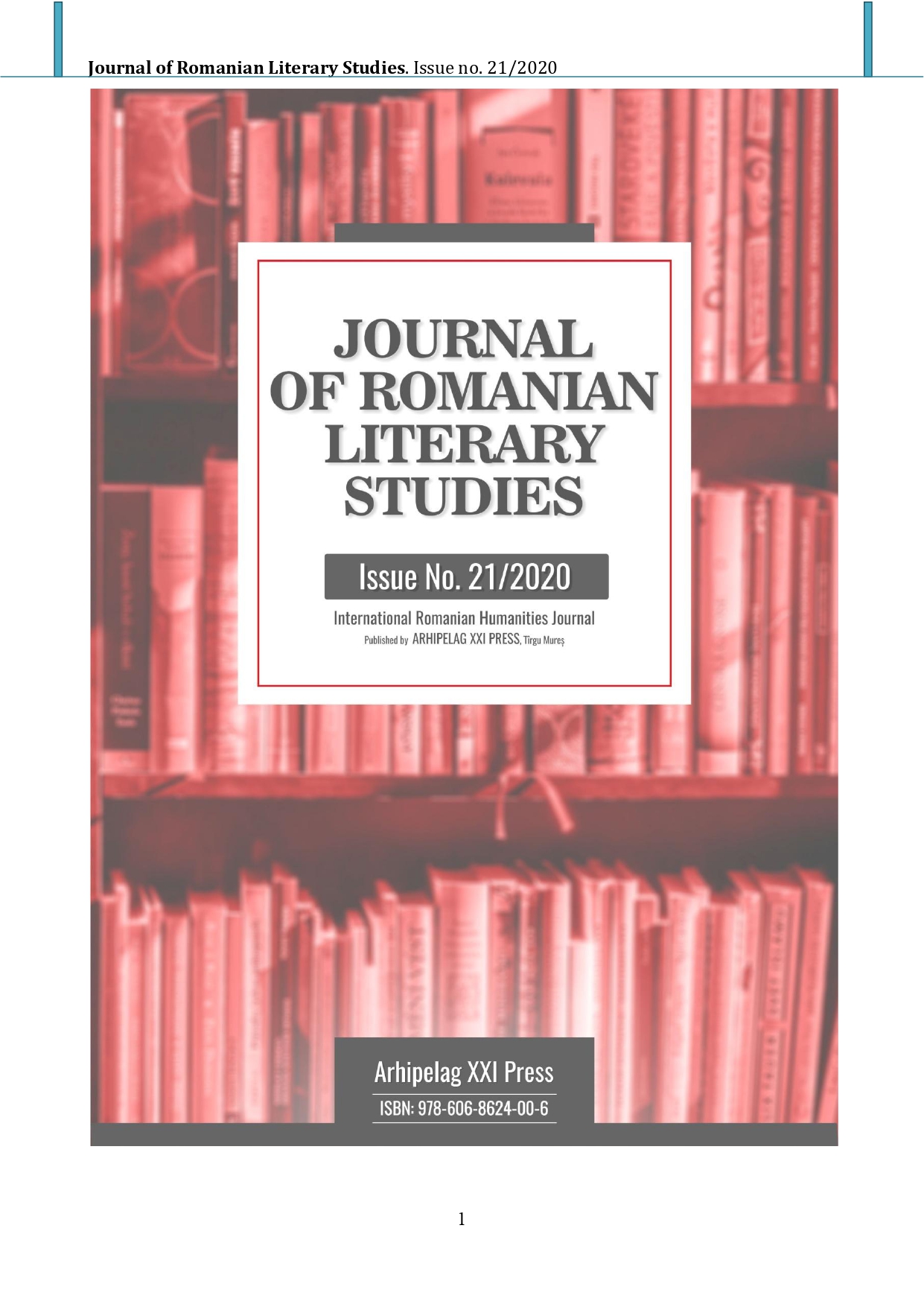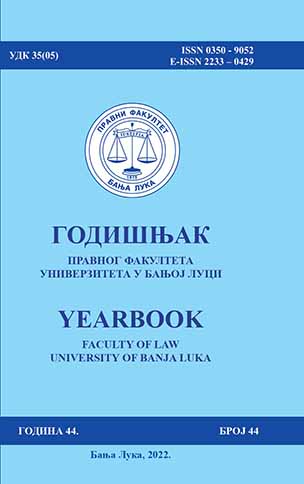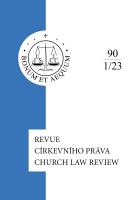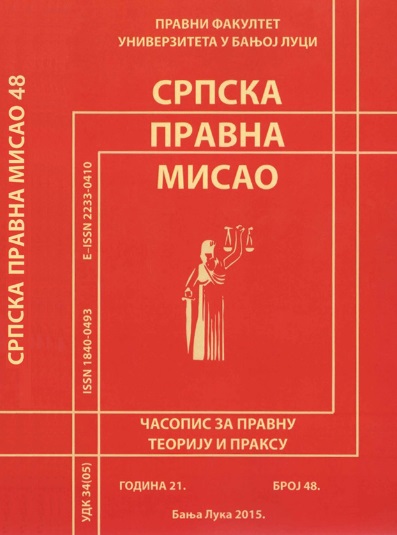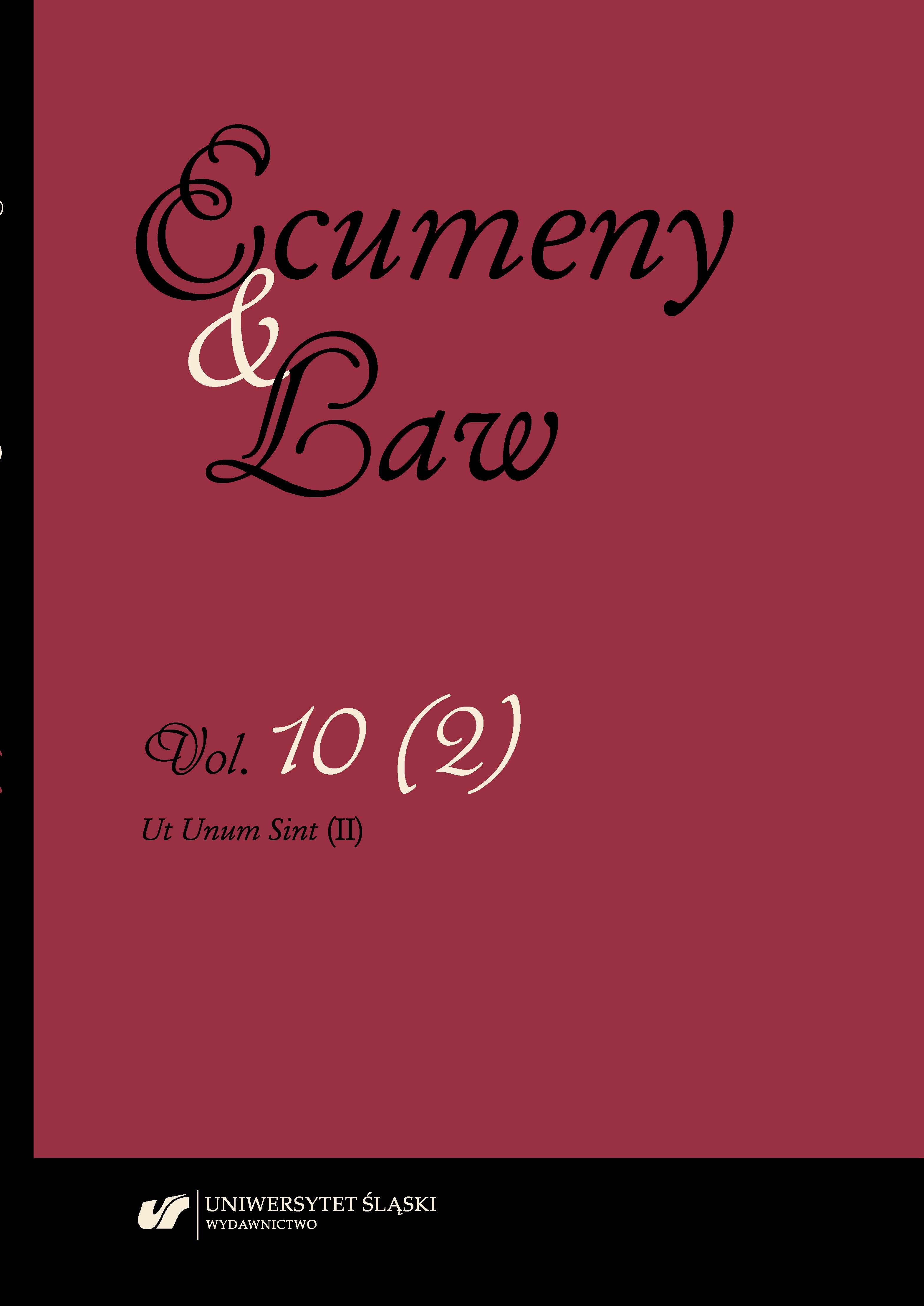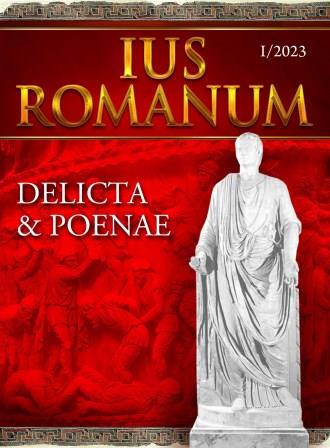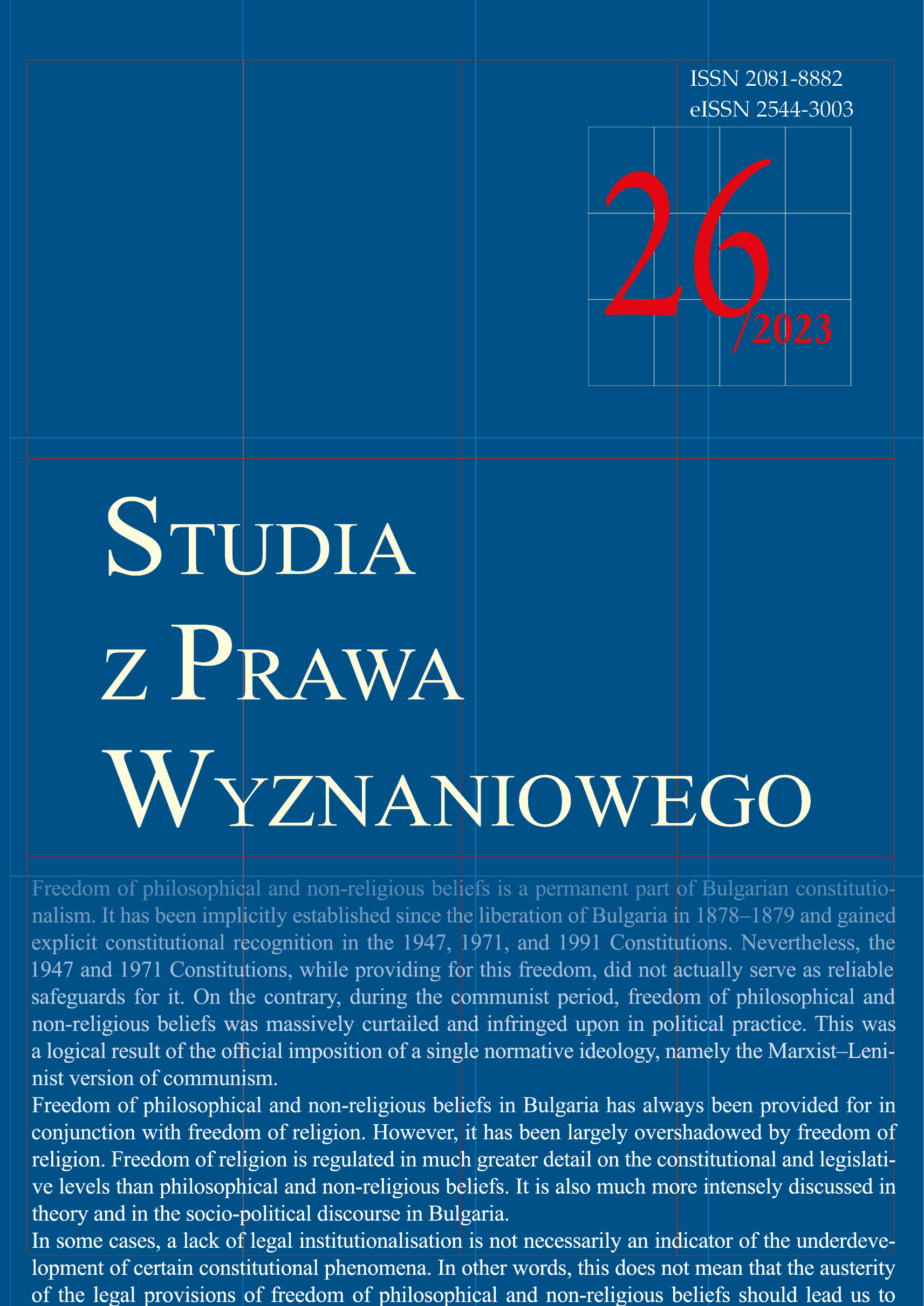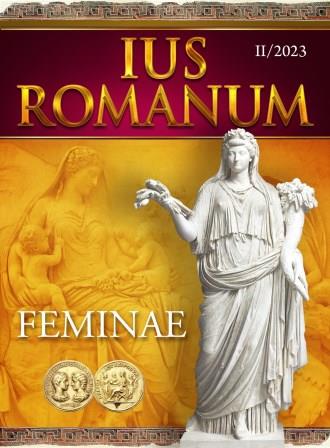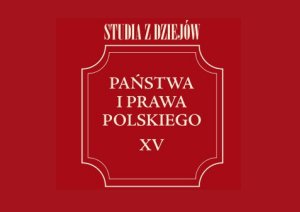
Znaczenie opactwa premonstrateńskiego w Brzesku-Hebdowie w strukturze zakonu i Kościoła w XIV–XV wieku
In the Middle Ages Premonstratensian monasteries were organised along a principle istypical of the Order, that is affi liation and the paternal right (ius paternitatis). All the monasterieswere divided into regional groups, known as cyrkarie (provinces). Each provincewas a inspected by representatives of the single abbey holding the paternal right.In the 14th century, symptoms of a crisis became visible in not only in the Polish Provinceof the Order of St Norbert (Premonstratensian), and were especially intensifi ed inthe women’s convents. Potential reasons for the crisis included the secluded situation ofthe monasteries, their poor fi nancial standing, a drop in the number of vocations, andthe social structure of the monasteries. Th e Abbey in Brzesko–Hebdów, overseeing thePremonstratensian parishes visited them regularly, manned them with their monks, andundertook other actions in an attempt to reform the Polish Premonstratensians in the 14thand 15th centuries. The funding of another Premonstratensian Abbey by King Ladislaus (Władysław) Jagiełłoin Nowy Sącz and populating it with monks from Brzesko was a proof of the greatpotential of the Hebdów Abbey in its capacity of the initiator and coordinator of the reformaimed at the revival of the Order and forcing its members to observe the monastic rule. The article also emphasises the signifi cant impact of the competition between individual monasteriesof the Premonstratensian Order in the 15th century on the position of Brzesko.
More...
